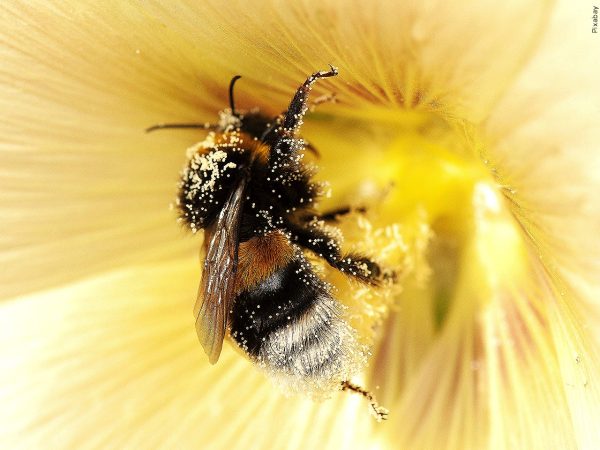
The metro-Atlanta area broke its pollen count record twice in the past month. On Saturday, March 29, the pollen count was 14,801 and the following day, Sunday March 30, it was 11,159. Before these dates the record was at 9,369 in March 2012.
“Experts say that any pollen level above 1,500 grains is considered extremely high, so we are currently looking at seven times the extreme amount,” said the Atlanta Journal-Constitution.
Along with the record high pollen count, in recent years, the pollen season has lasted longer and longer than the previous year.
The shifts in climate and precipitation have had an effect on pollen and the excess of it.
“There have been shifts in precipitation patterns, with warmer air temperatures and less frost. These shifts have resulted in spring coming earlier than normal, which means we have a longer pollen season,” said Kristine White, an associate professor of biology and environmental sciences, as well as marine zoologist.
Many GCSU students felt that their allergies to pollen have gotten worse over the years.
“My allergies have always had an effect on me, but I can definitely see a difference this year,” said Sophie Powell, a junior sociology major. “Even with my allergy medicine, I am still feeling the symptoms like congestion, fatigue and headaches.”
While many students and faculty have always had allergies and continued to have them this year, some showed a huge difference in 2025.
“I have never experienced allergies until this year,” White said.
Many people have never had allergies to pollen and continue to be safe from it this year, but they can still see the effects and the differences this year’s pollen has had.
The pollen goes even further than on the tables and benches around campus; it also reaches different areas around Milledgeville and metro-Atlanta.
“The pollen has completely covered the shoreline on Lake Sinclair in such a thick layer that it looked like you could walk on it,” White said. “I have not seen this much pollen pooling, especially in areas where there is water for it to stick around a bit longer.”
While the pollen is surely apparent through either the worsening allergies or the thick layers of it on tables, benches and lakes, many people want to know if the pollen level is concerning environmentally and physiologically.
“I do think climate change has a huge role in the increase of pollen, especially with the warmer weather. I mean, I like warmer weather, but it does have its effects,” Powell said.
Many have wondered if the public should be worried about a concerning trend in an increase of pollen or if it’s just a fluke.
“I don’t think we can say if it is a trend yet, but if it happens again next year, we might be looking at a concerning trend,” White said.
Some environmental professors on campus believe the record high pollen count is concerning in other ways.
“Pollen is considered an air pollutant, which can have serious effects on people with asthma and other respiratory diseases,” White said.“Even if someone doesn’t have an underlying condition, the additional air pollutants can affect normally healthy people and make it harder to fight infections, such as the common cold.”
The Georgia record high pollen count of 14,801 concerns some on the basis of how it is an air pollutant, the multitude of allergies and the excess of pollen that is visible, but it’s not a concerning trend yet considering this is the first year it has been this high.

